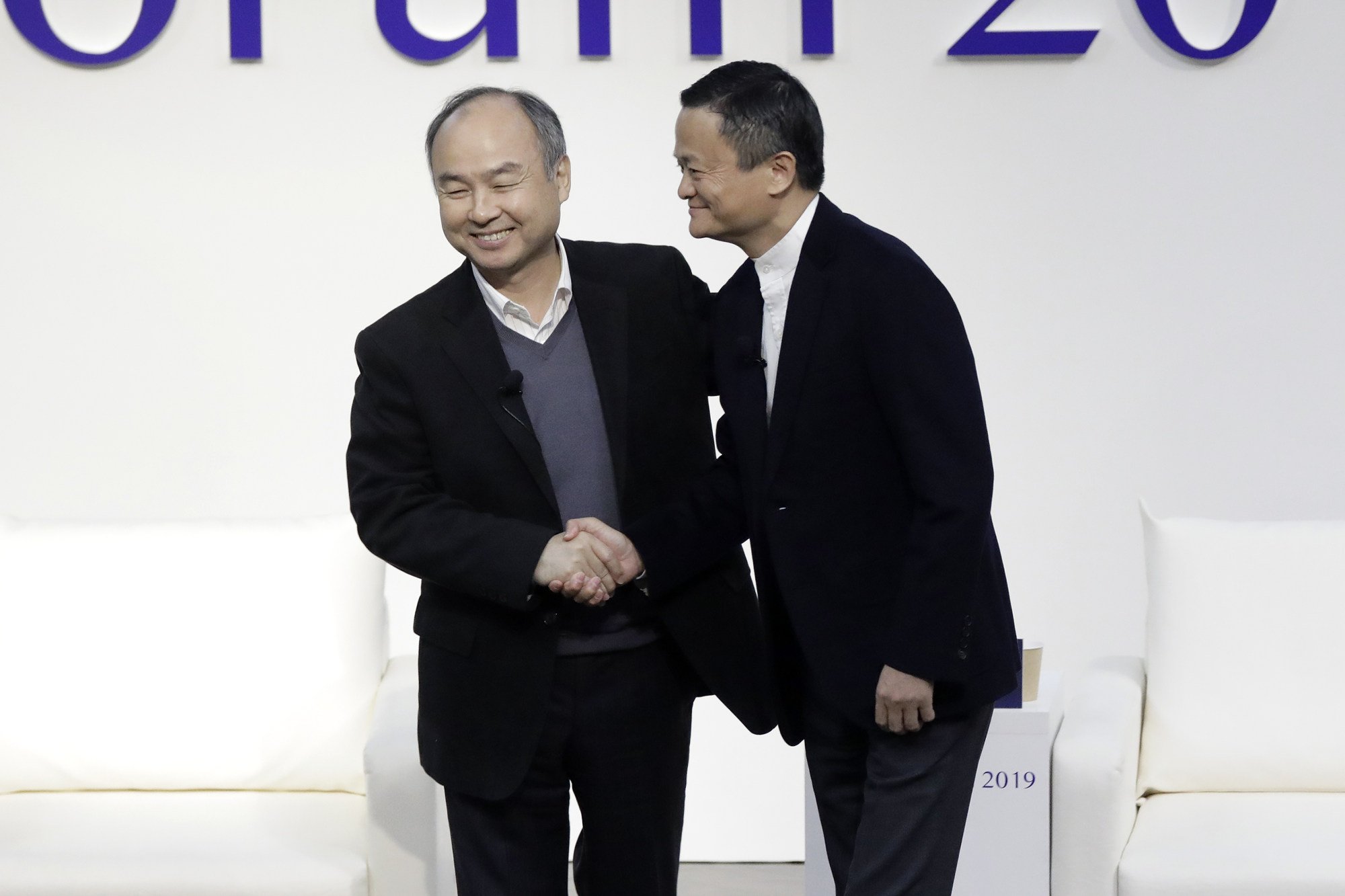
Japan’s SoftBank concludes run as Alibaba’s biggest shareholder, drawing to a close one of the most successful internet deals in China
- SoftBank expects to book US$8.5 billion, about 425 times the value of its Alibaba investment, for its 2024 financial year after divesting its shares
- The Japanese tech conglomerate said it has no plans to ‘buy or sell any new Alibaba shares’ in the future
The SoftBank transaction involved 512.3 million Alibaba shares sold through a “prepaid forward contract” between Skybridge and financial institutions in April 2020, which was settled between October 2021 and January 2024. That deal involved about a fifth of Alibaba’s total outstanding shares and nearly all of SoftBank’s stake in the Chinese firm.

A SoftBank representative said on Friday that most of the company’s remaining 13 per stake in Alibaba is used for asset-backed finance. In its statement on Thursday, SoftBank said it has no plans to “buy or sell any new Alibaba shares” in the future.
Jack Ma, Joe Tsai replace SoftBank as Alibaba’s largest shareholders
“His business model was wrong,” Son said. But Son added that he was moved by “the way [Ma] talks, the way he can bring young Chinese people to follow him”.
Ma said in a 2008 speech that his first meeting with Son in 2000 lasted only six minutes, but the two “fell in love at first sight”.
Son was keen to invest US$40 million into Alibaba, but Ma eventually agreed to a US$20 million outlay from SoftBank. The Japanese company became Alibaba’s largest shareholder since then.
Alibaba banks on new growth pillars after cloud spin-off stumbles
Meanwhile, foreign ownership in China’s Big Tech companies has come under growing scrutiny amid Beijing’s efforts to sharpen security in the sector. Major internet platform operators, like Alibaba and Tencent, have been directed to stick to “healthy” developments that align their operations with national interests.

